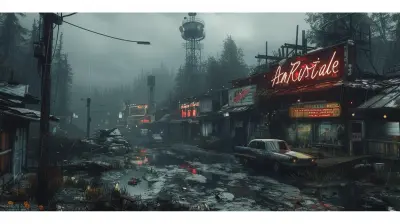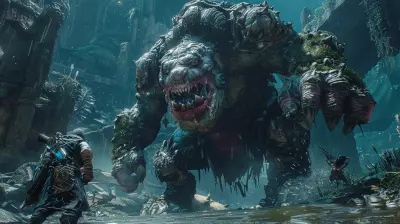How Indie Developers Are Revolutionizing PC Gaming
24 June 2025
Over the past couple of decades, the gaming industry has grown into a massive entertainment juggernaut. Triple-A studios dominate the scene with their blockbuster titles, massive budgets, and aggressive marketing. But let’s not overlook the scrappy underdogs making waves: indie developers. These small, independent creators have quietly (and sometimes loudly) been reshaping how we experience PC gaming. Indie developers are the Mavericks of the gaming world—they break the mold, challenge norms, and take risks that big studios can’t (or won’t) afford to.
If you’re curious about how these creative minds are reshaping the gaming landscape, buckle up. In this article, we’re diving into how indie developers are turning the world of PC gaming on its head!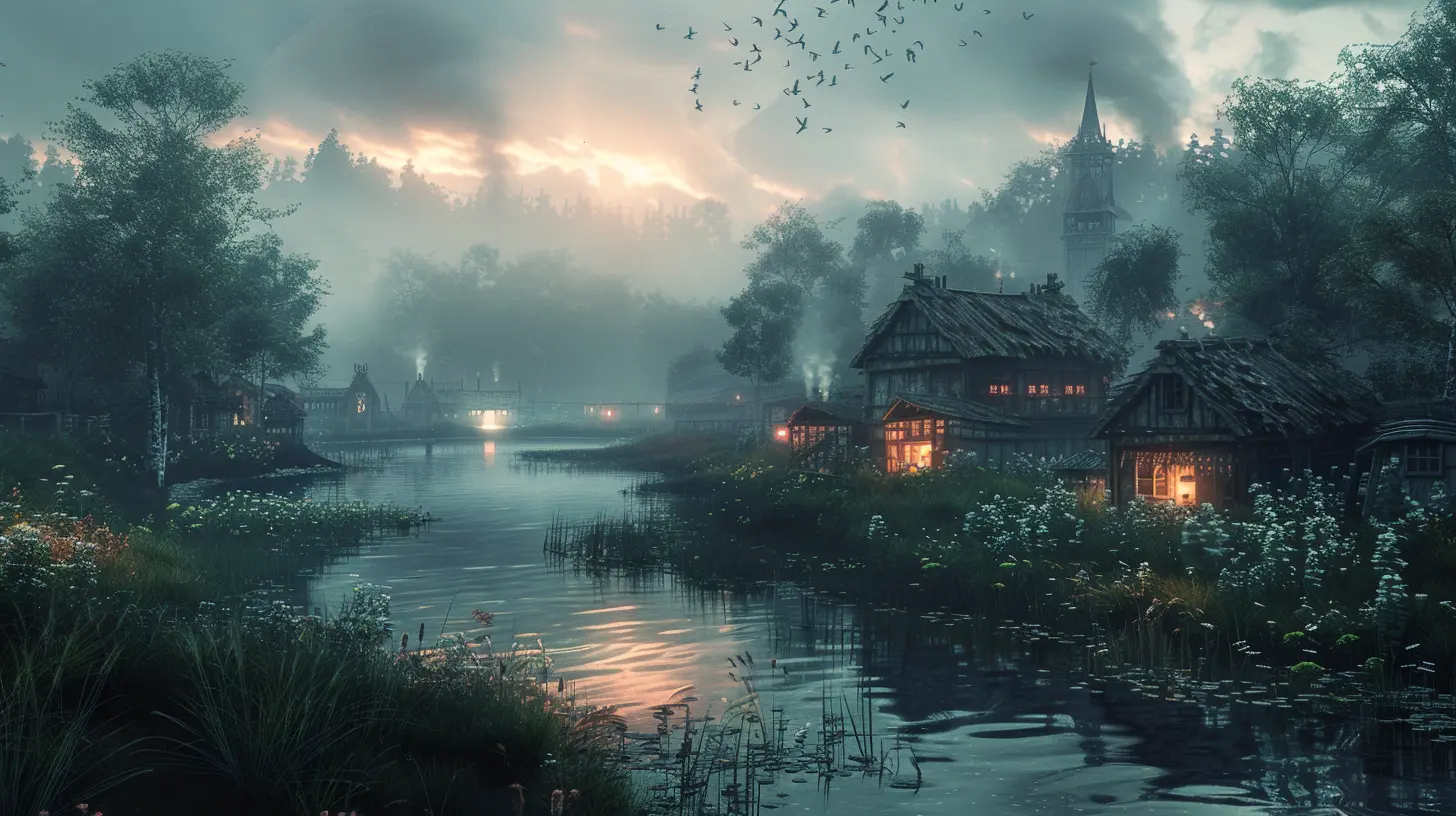
What Exactly Are Indie Developers?
Before we get too deep, let’s clarify what "indie developers" even means. The term refers to independent developers—creators or small teams not backed by major publishers. They usually self-fund their games or rely on crowdfunding platforms like Kickstarter. Unlike giant studios with unlimited resources, indie teams typically work with smaller budgets and tighter constraints, but that’s exactly what forces them to innovate.Think about it: when you’re backed into a corner, your creative juices start flowing, right? That’s how so many groundbreaking concepts in PC gaming have come from indie developers.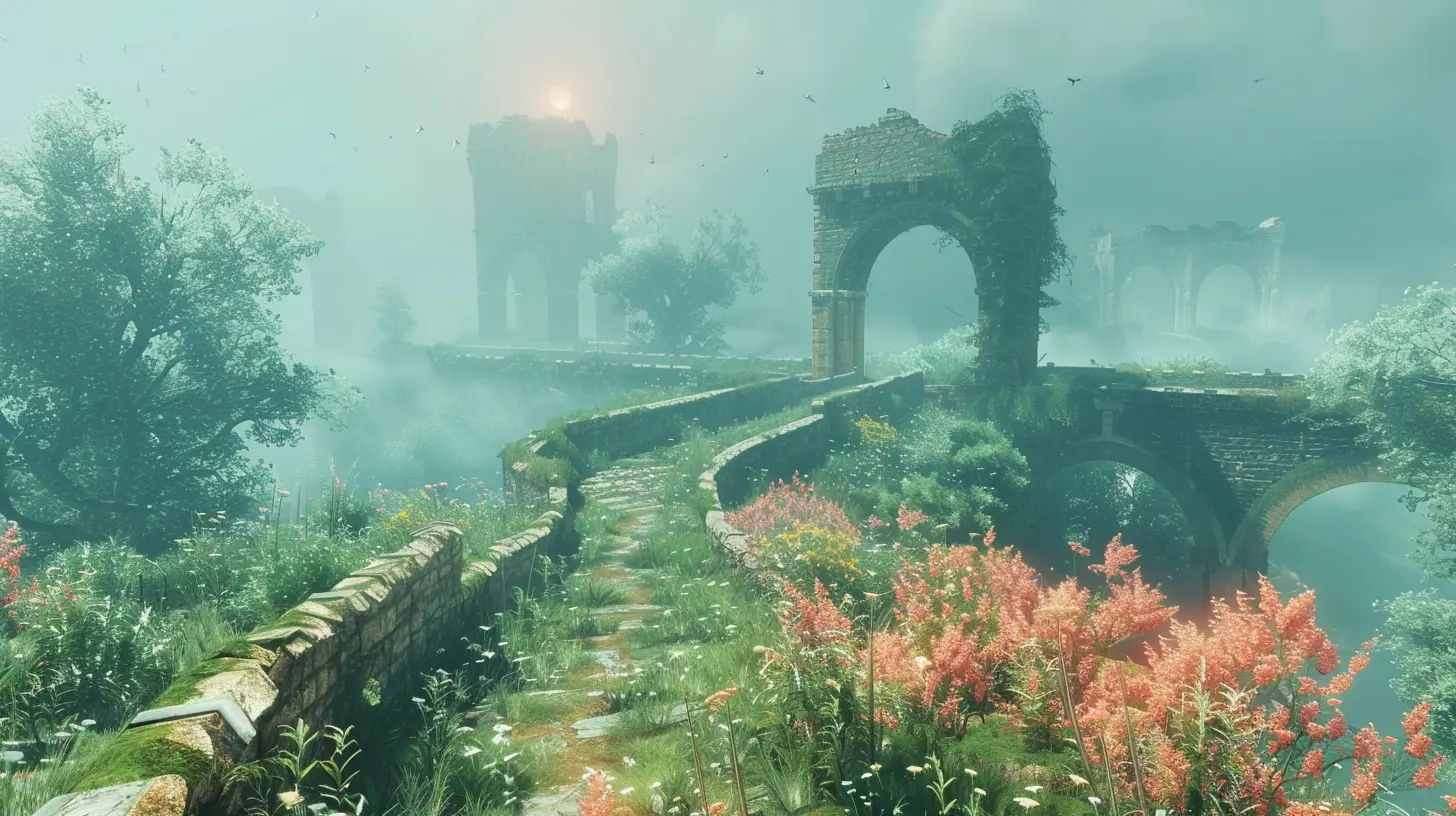
Big Impact, Small Teams
One of the most fascinating aspects of indie developers is their ability to produce games with big emotions, innovative mechanics, and lasting cultural significance—all without massive teams or billion-dollar budgets.Take games like Hollow Knight or Celeste for example. These aren’t just “fun little experiments.” They’re emotionally gripping, beautifully crafted experiences made by small teams with a lot of heart. Meanwhile, major studios often churn out the next installment of their franchise, rinse and repeat. Don’t get me wrong, I love a good blockbuster, but there’s something intimate and fresh about games that feel handcrafted.
What makes indie games even more special is that they don’t play it safe. These developers can afford to take risks because they’re not beholden to profit-hungry investors. When you’re part of a two-person dev team working out of your garage, you’re not worried about how a quarterly earnings report looks. That means you can experiment, innovate, and push boundaries. And gamers? They absolutely love it.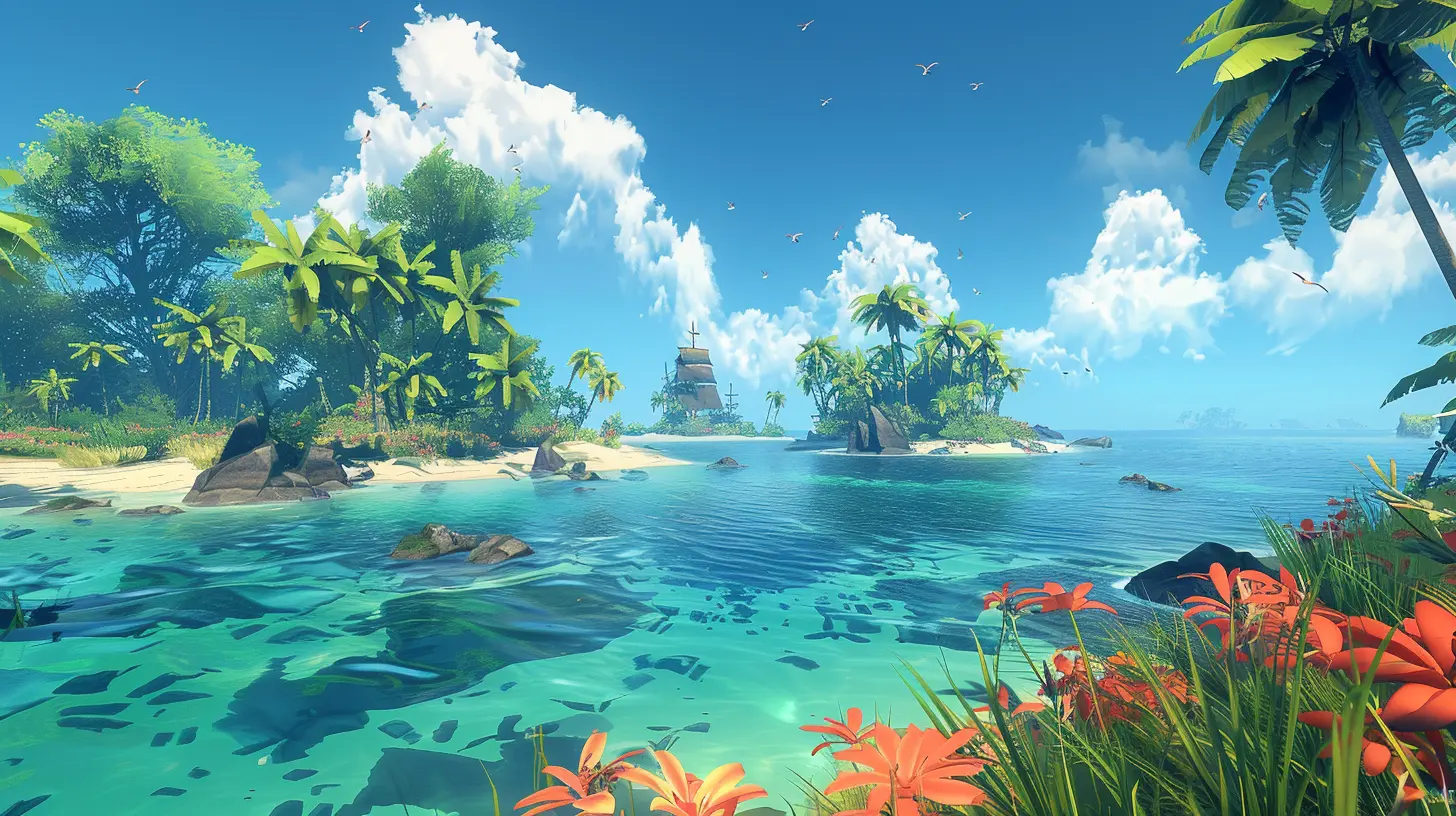
Pushing Boundaries: Creativity Over Profit
You ever notice how some mainstream games feel… predictable? Like you’ve played them before, just with better graphics? That’s because big-budget studios often rely on tried-and-true formulas. It’s safe. It sells. But it’s also kind of boring after a while.Indie developers don’t have those chains. They’re the ones asking, "What if?" What if we combine farming with dungeon crawling (Stardew Valley)? What if we build a whole game on environmental storytelling (Inside)? What if your choices truly mattered, not just in dialogue trees but in shaping the game’s narrative (Undertale)?
Indie developers innovate because they can’t afford not to. They build entire worlds out of passion and ingenuity instead of throwing millions at a marketing campaign. It’s like comparing homemade cookies to something you grabbed from a grocery store shelf. The homemade ones might not be perfect, but they’re made with love—and that changes everything.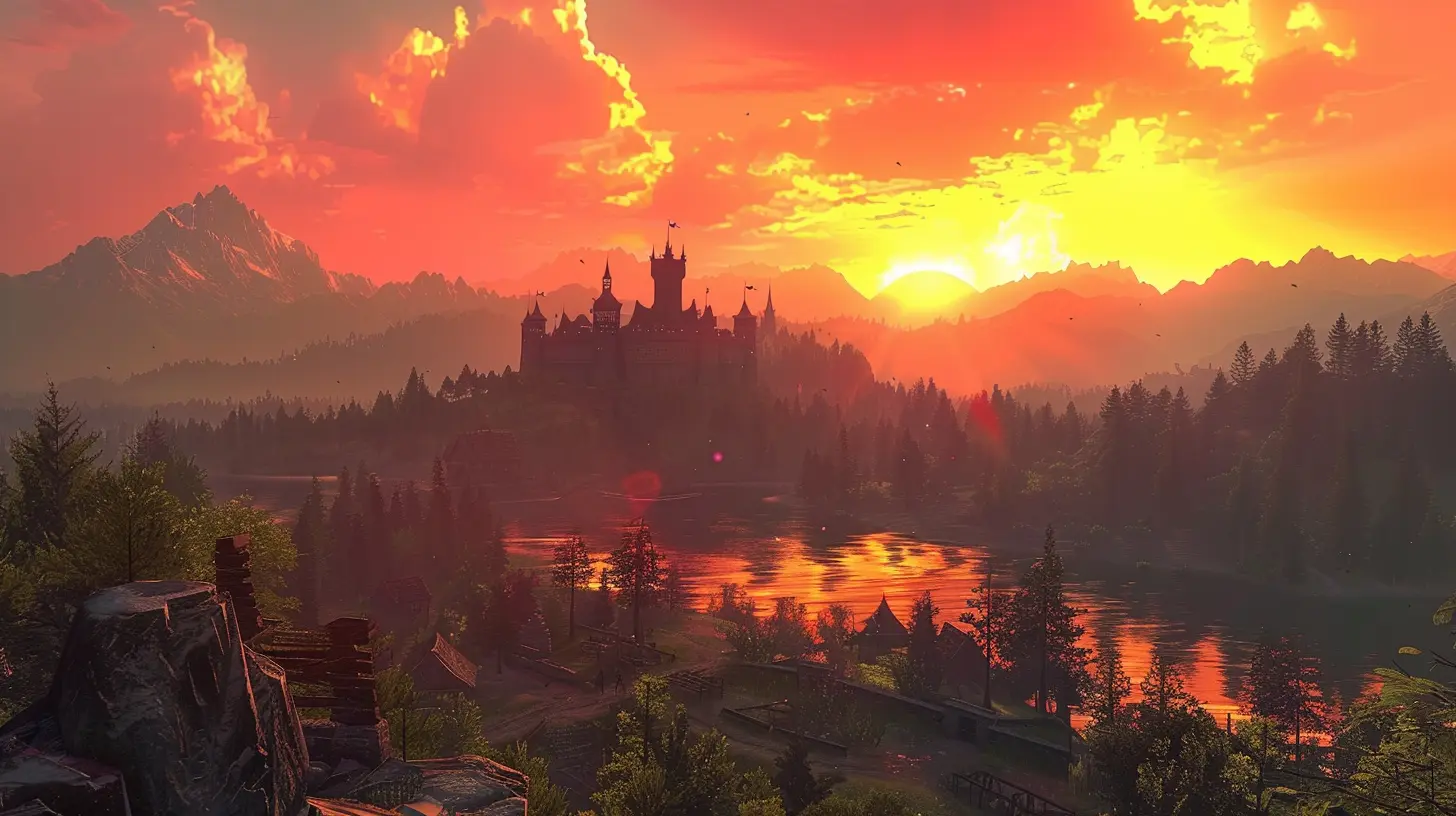
Accessibility for All: Lower Price Points, High Replay Value
Let’s talk money for a second. Triple-A games these days? They’re not cheap. With price tags reaching $70 or more, it’s becoming harder for some gamers to justify the cost—especially when the game turns out to be mediocre. Now compare that to indie games, which are often priced between $10 and $30. That’s like the price of a fancy coffee date!Despite the lower cost, indie games often provide just as much replay value (sometimes even more) as their big-budget counterparts. Titles like Slay the Spire or Hades can keep you hooked for countless hours. Add in frequent updates, fan mods, and thriving communities, and these games become gifts that keep on giving.
Plus, indie developers cater to niche audiences. Love retro pixel art? There’s an indie game for that. Craving a hardcore roguelike with permadeath? Indie devs have you covered. Whatever your unique gaming taste might be, chances are someone out there is making the perfect game just for you.
The Rise of Crowdfunding and Community Involvement
One of the biggest game-changers for indie developers has been crowdfunding. Platforms like Kickstarter and IndieGoGo have enabled developers to pitch their projects directly to gamers, cut out the middleman, and gauge interest before even writing a single line of code. It’s like a dream come true.But crowdfunding is also about more than just raising money—it’s about building a community. Gamers feel a sense of ownership when they back a game, which creates an emotional connection before the game is even released. This two-way relationship between indie developers and their communities often results in better games because the devs are actively listening to feedback. It’s a level of transparency and collaboration you just don’t see with most AAA studios.
The Freedom of Publishing Platforms
Not too long ago, publishing a game as an indie developer was a daunting task. You had to deal with distribution fees, physical copies, and convincing stores to stock your game (good luck with that). But now? Thanks to digital platforms like Steam, itch.io, and the Epic Games Store, getting your game out to a global audience is easier than ever.Steam, in particular, has been a game-changer with its Greenlight and Early Access programs. Indie developers can release unfinished versions of their games, gather player feedback, and improve their projects before the official launch. This approach not only helps them refine their ideas but also creates hype and loyal fan bases before the game even hits 1.0.
Diversity and Representation in Gaming
Let’s be real: representation matters. For years, mainstream games didn’t exactly win awards for their diversity. But indies? They’re leading the charge. Indie developers have the freedom to tell stories that big studios might consider “too risky” or “too niche.”Games like Spiritfarer tackle themes of death and loss with grace, while Night in the Woods explores mental health and small-town struggles. Indie devs are also championing diversity by creating characters from all walks of life, making gaming a more inclusive space. These aren’t just token efforts either; they’re heartfelt stories that resonate deeply with players.
The Future of Indie PC Gaming: Bright and Bold
If the past decade has shown us anything, it’s that indie developers aren’t going anywhere. In fact, they’re thriving. As technology continues to advance—think more powerful PCs, engines like Unity and Unreal becoming even more accessible, and new platforms like VR—indie games are only going to get better.And let’s not forget about the growing support from gamers. A generation raised on pixel art and quirky mechanics is now fueling the indie scene with their wallets, reviews, and social media support. The future of PC gaming is in good hands, my friends.
Why Indie Developers Deserve Your Attention
So, what does all of this mean for you as a gamer? Maybe it’s time to spend a little less time scrolling through mainstream storefronts and a little more time diving into the indie section. You’ll find some absolute gems—games that make you laugh, cry, or question everything you thought you knew about gaming.At the end of the day, indie developers are more than just underdogs. They’re visionaries, risk-takers, and storytellers who are transforming PC gaming in ways that big studios simply can’t. And honestly? That’s something worth celebrating.
The next time you boot up Steam or check out a sale, give an indie game a shot. Support the little guy. Because sometimes, the most memorable adventures come from the most unexpected places.
all images in this post were generated using AI tools
Category:
Pc GamesAuthor:

Jack McKinstry
Discussion
rate this article
2 comments
Fallon McCord
In the digital tapestry of dreams, Indie wizards weave vibrant themes. With passion unbound and courage rare, They challenge the norm, breathe life in the air. Each pixel a stroke, each sound a clue, Revolution blooms in colors anew— PC gaming's heart beats bold and true.
November 6, 2025 at 3:31 PM

Jack McKinstry
Thank you for capturing the essence of indie development! Your poetic reflection beautifully illustrates the creativity and innovation driving the PC gaming revolution.
Zedric Miller
Indie developers are the fearless architects of innovation, building unique experiences that challenge the status quo and redefine what PC gaming can truly be.
June 24, 2025 at 4:20 AM

Jack McKinstry
Thank you! Indie developers indeed play a crucial role in pushing boundaries and bringing fresh perspectives to PC gaming. Their creativity is reshaping the industry in exciting ways!
